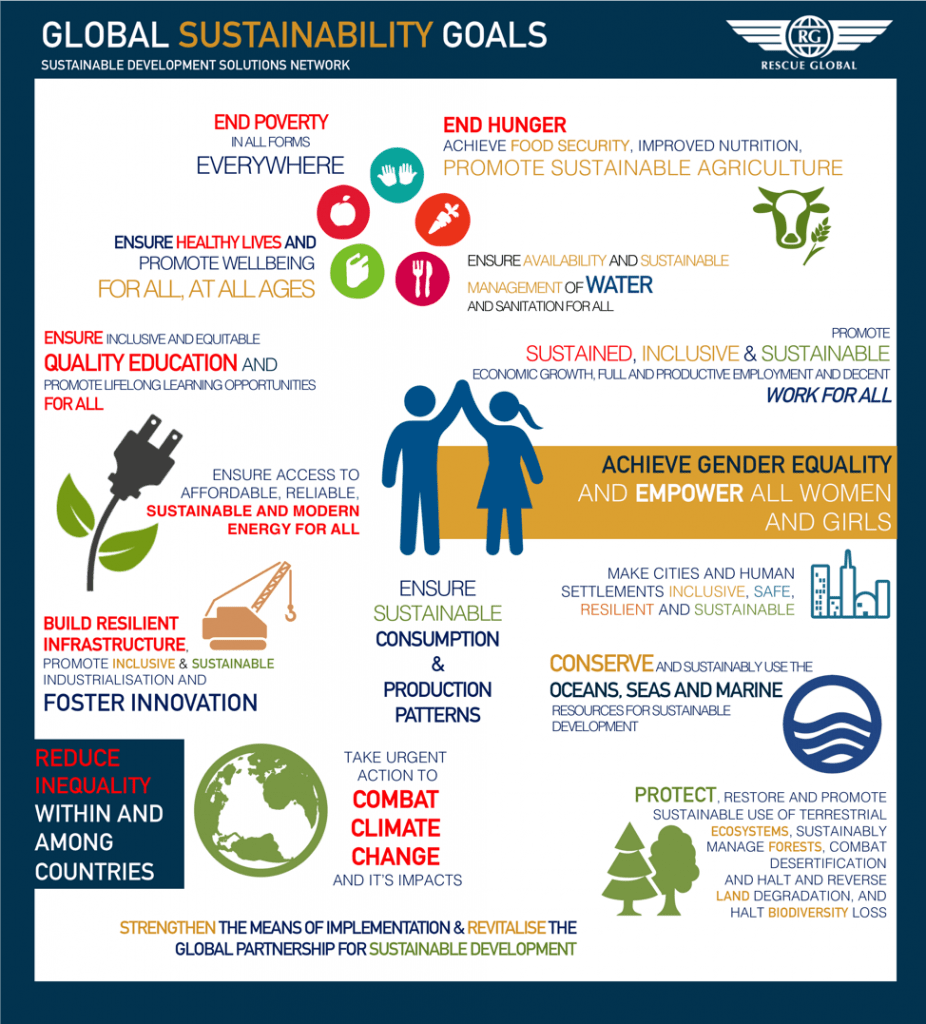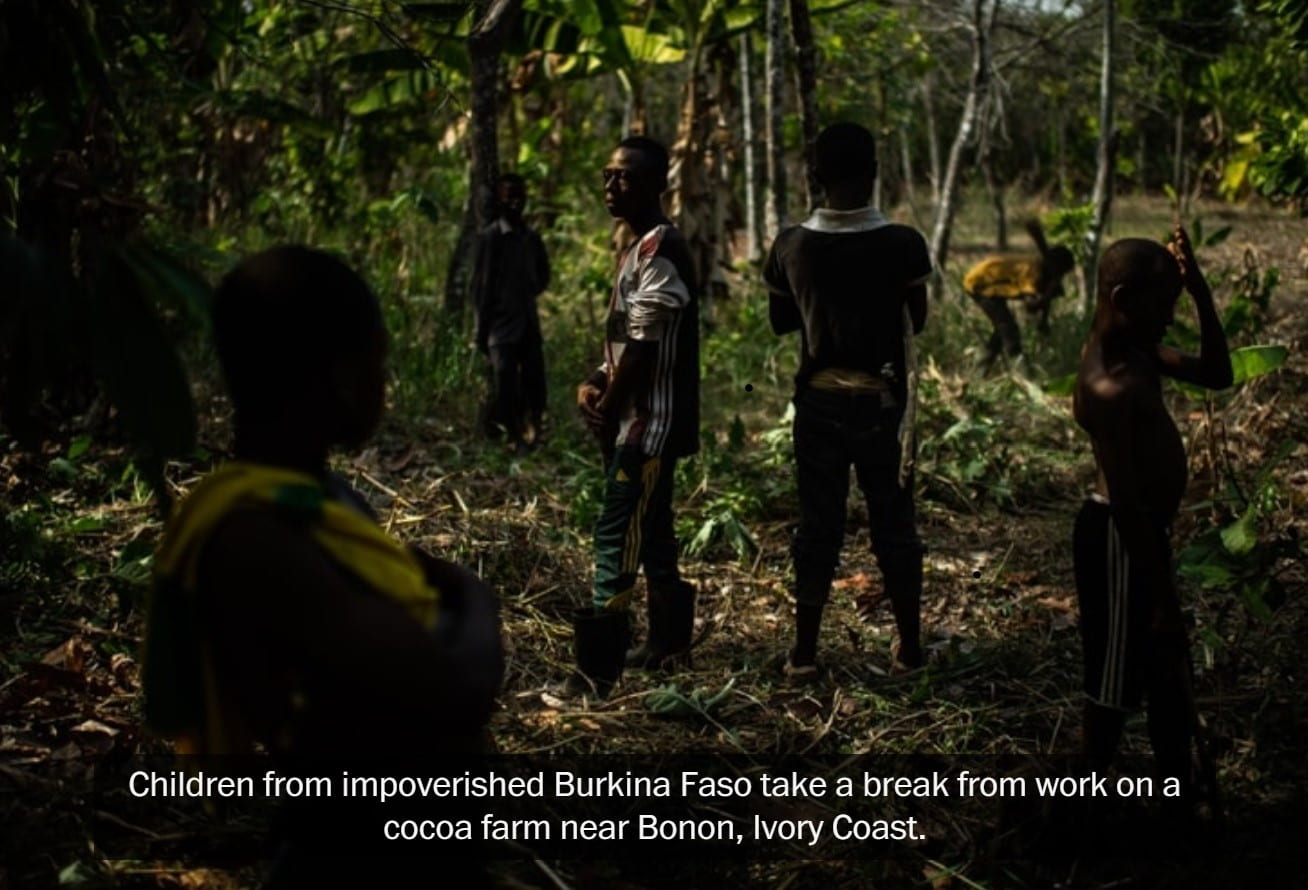Bananas, sugar cane, palm oil, soy– theses are just some of the foods tied to the deracination of indigenous communities from their ancestral lands. Land rights for indigenous peoples in Latin America have always been contentious as territories have been appropriated for use of farming, natural resource and extractive industries, and other uses not originally intended by their original populations. While companies like the United Fruit Company quickly and other multinational agricultural companies took over in places like Guatemala, Honduras and Costa Rica, agricultural development projects in Brazil’s Cerrado and Amazon ecoregions have quickly displaced indigenous populations in Brazil, leaving an estimated 13.8 percent of land as formally designated for these communities, according to the International Work Group for Indigenous Affairs, and 31% as agricultural land (USAID).
Image by the Rights and Resources Initiative: depicting the RRI’s Forest Tenure Database four land tenure categories. (click here to see enlarged image)
For me, this research makes clear the nexus between land rights and access for indigenous communities, and mismanaged foreign investment which has disrupted local livelihoods and economies. To think systemically about land rights is to understand the ways that vulnerable communities are negatively affected by land grabs (particularly by governments to address food insecurity), or indirectly through foreign direct investment (FDI).
Land rights are directly tied to our course ideas of transparency, food justice, and sustainability. Through networks like the Rights and Resources Initiative, organizations, governments, and others are vying to increase transparency with access to land globally. Food justice is inherently tied to transparent access to land: when we don’t know where our food is coming from, it’s difficult to identify who’s rights are violated at different stages of cultivation, harvest, processing, and transportation of these foods. Many rights are violated in the simple acquisition of land before it is even developed for agriculture.
In the case of Brazil, this rings true. Thirty-eight large companies now control much of Brazil’s agricultural land, including large companies like Cargill and Coamo, which have faced significant backlash for their deforestation practices which have primarily displaced indigenous people in the Center-West region. In March 2020, Indigenous leaders from the Yanomami tribe testified in front of the UN security council warning against the genocide of indigenous and uncontacted groups in the region.

Yanomami indigenous leader Davi Kopenawa denounces deforestation and indigenous land invasion in Brazil, via Conectas Human Rights
Systems thinking connects this course to fundamental ideas of land and food justice. Unpacking what transparent and equitable food systems will look like in the future will require serious action to protect indigenous habitation of land in addressing egregious issues of climate change, food security, and sustainability within the food chain.















